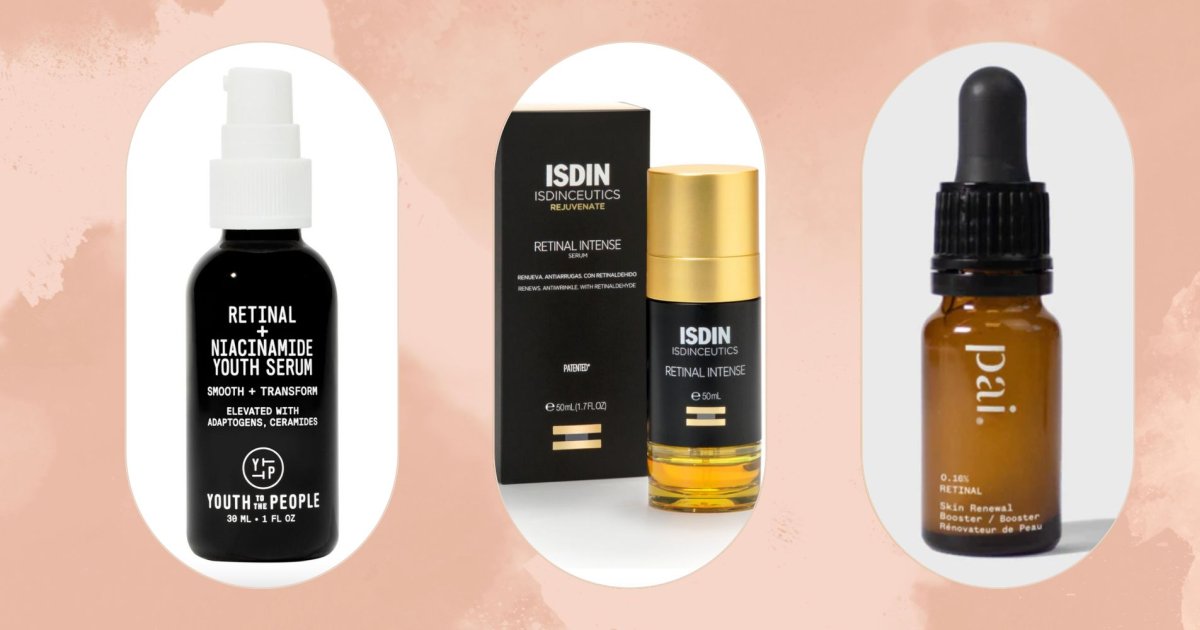Retinal, on the verge of dethroning retinol? This is very likely. This active against aging has really proven itself fight skin aging, and it is gaining ground in our cosmetics. Look out for this ingredient that you’ll soon see everywhere.
What is retina?
Retinol and retinal belong to the same family of retinoids. Although everyone knows about retinol today, retinal is less popular. However, it is equally effective in the fight against signs of aging.
Retinal was originally a form of vitamin A, which is essential for the proper functioning of vision in humans and animals. However, this active substance is used today in anti aging carethanks to its beneficial properties for the skin.
Read also
Retinol in the fight against the signs of aging: how to use it? What dangers?
What are the benefits of retinal for the skin?
Retinal is increasingly represented in our cosmetics, and rightly so. Here are its benefits:
- He is strong anti-aging effect: has regenerative and stimulating properties for the skin. It helps reduce visible signs of aging such as fine lines, wrinkles and loss of elasticity.
- He strengthens collagen and skin elastin : This active ingredient supports the production of collagen and elastin, proteins necessary to maintain the firmness and elasticity of the skin.
- He improves skin texture: retinal helps to even out the complexion by reducing the appearance of pigment spots and promoting cell renewal. It is ideal for getting smoother and clearer skin.
Is retinal better than retinol?
Although both retinol and retinal are used to reverse the effects of skin aging, retinal appears to offer significantly greater efficacy. Retinaldehyde is actually a more active form of vitamin A with better skin absorption. Once it penetrates the skin, it also undergoes faster conversion to retinoic acid.
In practice, this means that it works faster and more efficiently. So if we are looking for faster results, retinal could become the preferred choice to optimize our beauty routine.
Precautions to be taken with Retinal
Like retinol, retinal can pose some dangers to the skin. There is a risk of irritation as it can irritate the skin more than other vitamin A derivatives. Redness, irritation and peeling may occur, especially at the beginning of the application of a product based on this active ingredient. It is recommended to start with lower concentrations and gradually increase.
When using retinal, it is absolutely necessary to use sun protection the next morning. The skin can become more sensitive to the sun and regular application of sunscreen is essential to prevent UV damage.
Do not hesitate to seek the advice of a dermatologist before following a routine care of the skin of the retina.
Read also
- Retinol: what dosage and amount to apply to get beautiful skin?
- Which retinol treatment should you choose to fight wrinkles?

